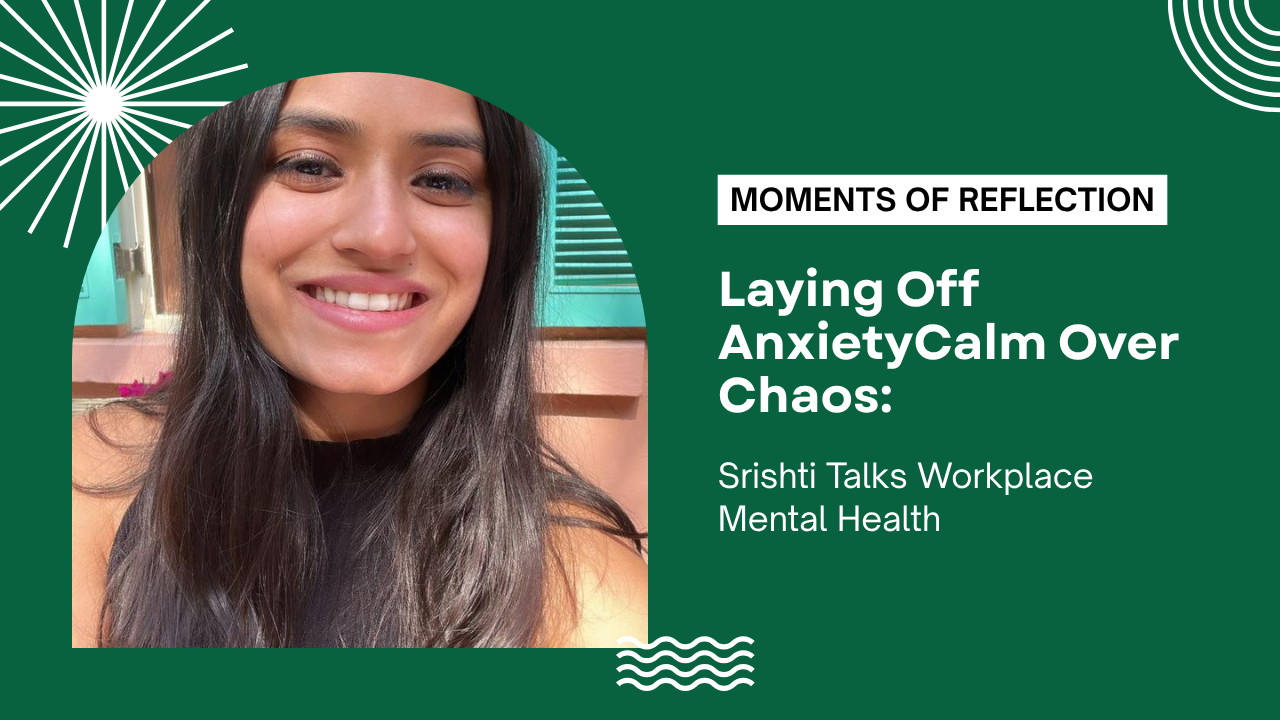Building the Future of Healthcare and Wellbeing: A Vision for Change
Healthcare, as we know it, is evolving. Driven by cutting-edge science, innovative discoveries and rapid technological advancements, the focus is shifting from treatment to prevention—a transformation that has the potential to reshape the entire industry. In this pivotal time, the ability to empower individuals to take control of their own health is not merely an aspiration; it is a necessity.
Having led global clinical trials across many therapeutic areas, my work has contributed to the development of life-changing medicines. While these innovations have undoubtedly revolutionised treatment, they have also highlighted a critical issue: the widening gap between life expectancy and healthspan. People are living longer, but not necessarily living healthier lives. Many chronic conditions such as diabetes, heart disease, Alzheimer’s, may potentially preventable or manageable through early intervention and lifestyle changes. The shift towards prevention is not only about better outcomes for patients but also about creating a sustainable healthcare system, where quality of life and cost-effectiveness go hand in hand.
This commitment to preventative care is why I am honoured to be guest-editing Blue Verve, a publication at the forefront of discussing innovative approaches to health and wellbeing. In this issue, we explore the future of healthcare through the lens of personal empowerment. From digital health tools to groundbreaking scientific discoveries and simple lifestyle adjustments, our contributors are sharing knowledge that can help individuals take control of their health. The goal? To equip people with the tools and insights they need to make informed, impactful decisions about their wellbeing.
Burnout is also one of the most urgent global health issues we face today—a condition so widespread that the World Health Organization (WHO) has officially recognised it in the International Classification of Diseases (ICD-11). It is a public health emergency that demands immediate action in the context of global healthcare and personal wellbeing.
Stress, anxiety, and in turn burnout are not just personal challenges; they are societal issues. They threaten not only our physical and mental health but also global productivity. If left unchecked, these conditions can escalate into chronic diseases, placing an enormous strain on economies worldwide. This is why corporate wellness and a proactive business approach to wellbeing are essential. By encouraging employees to prioritise self-care and adopt preventative measures, we can foster a more resilient workforce and a healthier society.
Ultimately, transforming healthcare requires a multifaceted approach. It is about combining cutting-edge therapeutics with proactive, personalised interventions. It is about ensuring that individuals have access to the tools and information they need to manage their own health. And it is about leveraging technology to make healthcare more human-centred and inclusive.
As a global life science leader, I am committed to driving this change. Together, we can create a future where health is not a privilege, but a fundamental right for all—where longer lives are not only lived, but lived well.
Alexandra Charge
Global Healthcare Executive







Comments